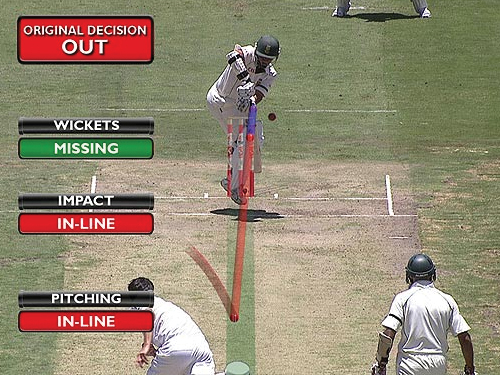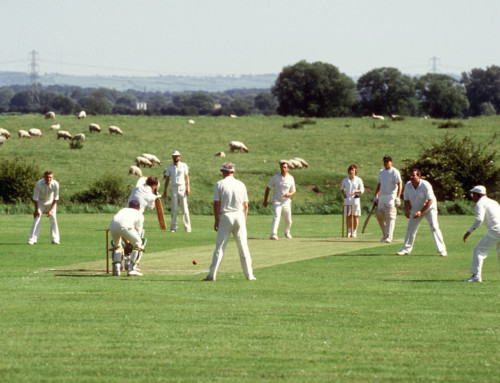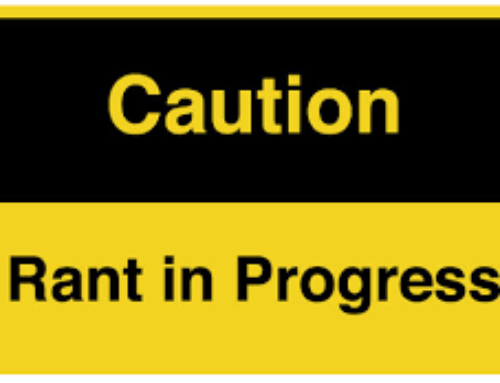Ageing Colonels and other “old boys” who enjoy watching our great sport at various levels have been choking on their sherries for many years now as the structure, rules and past ethics of the game are dismantled at the very top, and much of the resulting debris provides unnecessary fallout and confusion much further down the great games performance levels.
“The Umpire is always right!” has of course been a misnomer for as long as the game has existed, but by and large it was accepted as a mantra, however reluctantly, and however many tongues were being bitten!! Of course Umpires have not always been right, some have been downright cheats, but in recent years with the advent of DRS at the highest, most visible levels of our game, the phrase has been totally devalued.
Cricket Officialdom (at levels below international Cricket) still insist that Umpiring decisions are afforded unflinching acceptance and respect, even when their confusing actions provoke unnecessary controversy. (Rein yourself in Mr Chairman!). However at International Level it is all so different.
The Umpire is always right, until DRS proves him “Wrong” (unless you are playing India!). The Umpire could be “Wrong” but is still declared “Right” if the DRS fractional analysis eventually declares the incident to be “Umpires Call”.
Additionally, the Umpire could be “Right” on the decision, but then the whole issue is declared void because the bowler has overstepped the popping crease and a “No Ball” is declared as an afterthought!
This latter issue occurs very frequently at the moment because the Umpires (who are always right) no longer choose to pay deference to, or implement, the front foot No Ball rule of the game they are adjudicating! They will seemingly leave that one to DRS later if a wicket falling makes it necessary!!
In the current England v Australia test match Umpire Aleem Dar was being lauded by the TV commentators because 31 of his last 33 DRS challenges had apparently found him to be “Correct” in his original decision (not barring the “Umpires Call” cop out!). However, 15 minutes later the same Umpire was being humiliated on the same global TV station by a sequence of shots showing that in his present bowling spell, that was seriously undermining the England batting performance, Mitchell Johnson had in fact bowled around 10 “No Balls” that had not been called!!!
So the bowler runs in and hurls down ferocious illegal, though unchallenged, balls at the cowering batsmen, unfettered by the rule of the game being enforced!
How different might Johnson’s performance have been if he had been “called” for the 10 No Balls? Would he have started focussing and concentrating on his front foot position? Would this have detracted from his rhythm and hostility? Would he have gone to pieces? England would also have had 10 more runs, and 10 more balls to score from.
The Umpire is not being always right – and is not even trying to be!
Does this (will this) filter down subconsciously to recreational cricketers increasingly challenging Umpires at all levels of the game?
At Reed we had a very promising young fast bowler. Useful left arm over action, a tall strong individual, fast, with prodigious swing in the right conditions. He could be a real handful and he did put in some really impressive performances His name was Johnson too! Richard – not Mitchell! He had one unfortunate failing – he latterly started to struggle with his delivery stride and at times frequently overstepped and was called “No Ball”. He struggled to compensate for this, and the more he worried about overstepping the wilder and less effective his bowling became. Eventually he gave up and stopped bowling. A huge pity and a big loss to the Club (there’s STILL time to sort it out Jonno!!).
There would of course be an immediate solution for Jonno – Only bowl in International Matches – no need to worry about the front foot then!!
JQH
(This Occasional column is written by John Heslam Club Chairman of Reed Cricket Club. The views expressed in the article are his own and do not necessarily comprise those of the Clubs General Committee)






Totally agree with you JQH on the no balls not being called. Had me swearing at the TV on Saturday evening. Annoys a part qualified umpire like myself.